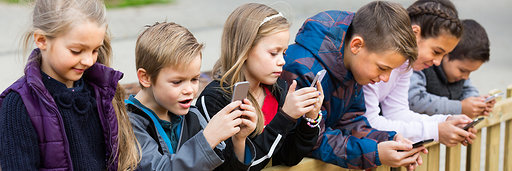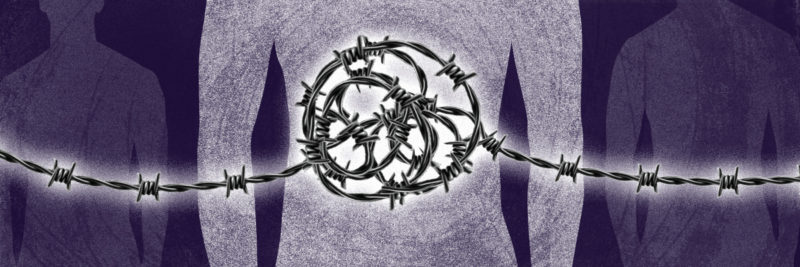Child Play; an endangered species.
Is child’s play fast becoming an “endangered species”? Is it facing extinction, if so, why? Reasons might include the greater use of electronic devices and also parents wanting to protect children from strangers, traffic, pollution and bullying.
Research also points to a low awareness of the importance of play, more pressure on children to do well in class and more restrictions on play. Hectic schedules, such as parents’ jobs and children’s extra-curricular activities, may also contribute. Other reasons include; a low awareness of the importance of play, more pressure on children to do well in class and more restrictions on play. Hectic schedules, such as parents’ jobs and children’s extra-curricular activities, may also contribute.
Yet, research also shows that unstructured play improves learning and social and physical development. Providing a variety of play options, improved play access and fewer restrictions can encourage children to engage in physical activity with peers in line with their imaginations. Children play in many ways, including by exploring movements, constructing with equipment, creating games, using imagination and chasing others around a playground.
Does it matter that playing is declining?
Children have fewer opportunities to engage with nature. Providing more contact with nature can enhance children’s creativity, boost their mood, lower stress, improve well-being, promote physical activity and improve attention spans.
Nature play is also becoming more important as a counterbalance to children’s technological saturation. It is important for children to connect with nature early, as they are then likely to learn to appreciate nature into adulthood.
Providing more options for children to play outdoors ensures they are intellectually challenged and engaged to find new ways to use such spaces for discovery. If loose play equipment, such as balls, bats and blocks, isn’t available children can still use what nature provides, such as twigs, leaves, rocks, feathers, petals, mud and sand.
The diversity of outdoor objects and features offers children a variety of shapes, sizes and locations they can use to discover, explore and invent games or designs. It’s better for play objects not to be fixed as this helps with exploration, discovery and creativity.
Play is very important to a child’s development, it is an integral part of a child’s Early Years Foundation Stage and supports their learning journey too. Young children can develop many skills through the power of play. They may develop their language skills, emotions, creativity and social skills. Play helps to nurture imagination and give a child a sense of adventure. Through this, they can learn essential skills such as problem solving, working with others, sharing and much more.
Providing children with a range of playthings will help them learn in a number of ways:
Sand and water play can be an early introduction to science and maths, eg learning that water is fluid, not solid, and that it can be measured in different sized containers.
Playing with dough or clay, drawing and painting pictures, dressing up, playing with dolls can encourage creativity, imagination and expression of feelings.
Building blocks, jigsaws and shape sorters can help with recognising different shapes and sizes, putting things in order and developing logic.
Playing ball games, dancing, running, climbing all help to develop body movement, strength, flexibility and co-ordination skills.
Games help with turn taking, sharing and mixing with others.
Singing, playing simple music instruments help to develop rhythm, listening and hearing.
It’s important that learning is fun at this age. It needs to be about doing things with them that they like. They might find unusual ways of doing things – for a toddler, building blocks aren’t just for making towers, and paint can be used without a brush! Show them how things work, but if they want to experiment, let them.
Children learn through all their senses through taste, touch, vision, hearing and smelling. They will watch those around them and copy language and behaviour.
Here are 10 reasons why Play is so important:
1. Play lays the foundation for literacy. Through play children learn to make and practise new sounds. They try out new vocabulary, on their own or with friends, and exercise their imagination through storytelling.
2. Play is learning. Play nurtures development and fulfils a baby’s inborn need to learn. Play takes many forms, from shaking a rattle to peek-a-boo to hide-and-seek. Play can be done by a child alone, with another child, in a group or with an adult.
3. Play encourages adults to communicate with the children in their lives. Adults support play by giving children opportunities to play, and by knowing when to intervene, and when not to intervene.
4. Play gives children the chance to be spontaneous. You may think your child should be rolling the truck on the ground but that doesn’t mean that truck is not equally useful as a stacking toy.
5. Play gives children choice. Having enough toys or activities to choose from will allow children to express themselves.
6. Play gives children space. To practise physical movement, balance and to test their own limits.
7. Play gives adults the chance to learn how to play again. One of the most challenging parts of play is incorporating yourself in it.
8. Play allows adults to learn their child’s body language. Knowing when you should incorporate yourself in your child’s play is key.
9. Play teaches adults patience and understanding. If you do choose to join in your child’s play make sure that you do not try to take it over and force incorporation of your ultimate learning objectives into their play. Structured adult-led activities have their time and place but remember to allow for time for children to control and decide their own play.
10. Play is fun. Learning to play well, both by themselves and with others, sets children up to be contented and sociable.
The underlying message is that when children play they also learn.





